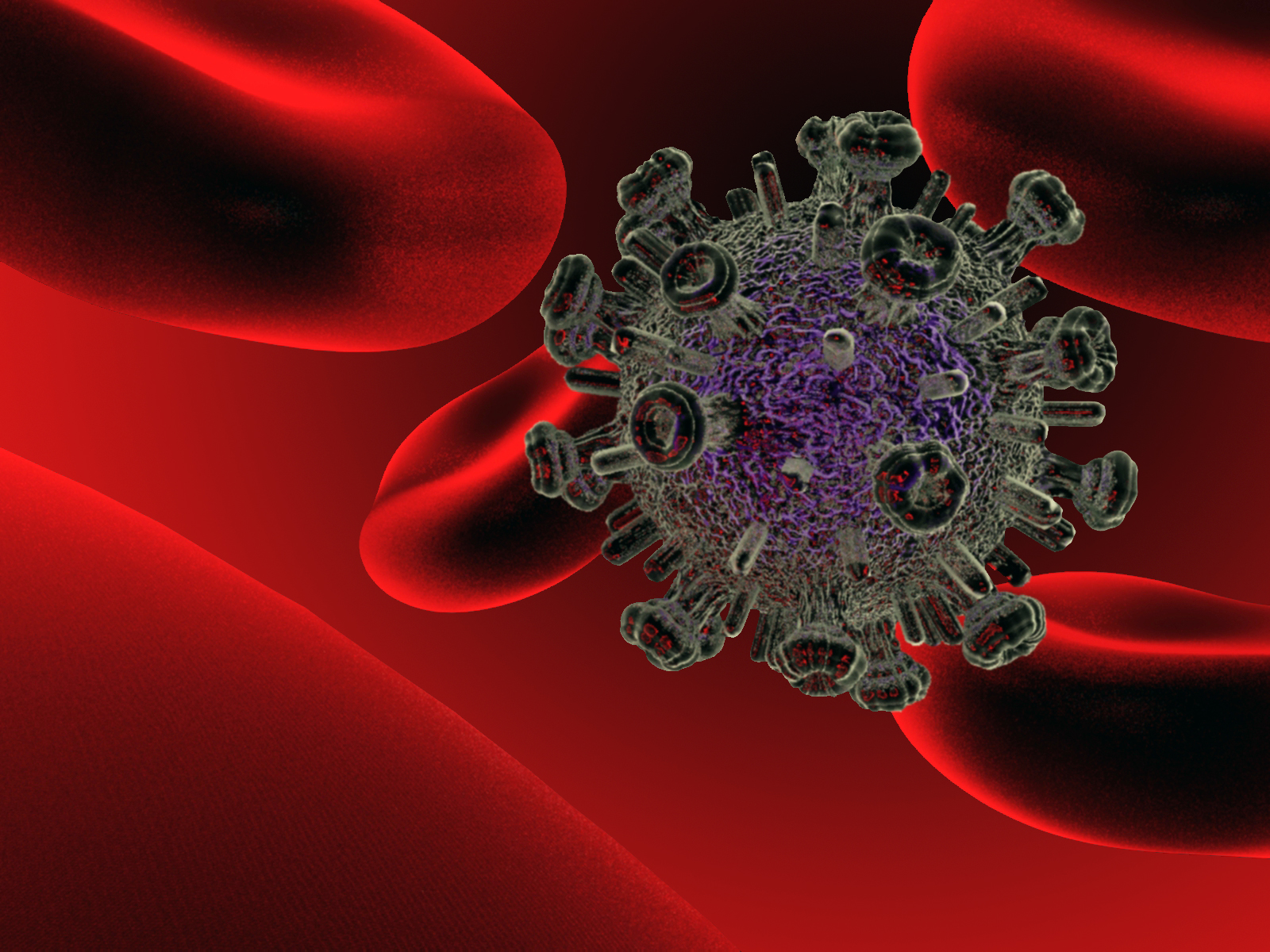
An international study coordinated by the Foundation for the Promotion of Health and Biomedical Research of Valencia Region (FISABIO), the Universitat de València, the Spanish National Research Council (CSIC) and the Hospital Ramón y Cajal has discovered that a set of bacteria of the intestinal microbiota have influence over the immunological recuperation of the people affected by HIV.
The study has analysed the intestinal bacteria of the dregs in health people and in patients who suffer HIV with different grade sin the infection and in the immunological recuperation. Image source: CSIC.
These bacteria could affect the efficacy of the treatment against HIV. The results of the study, published in the journal eBioMedicine, could help to design new therapies for the prevention of complications associated to the immunosuppression and the chronic inflammation, as well as different illness associated to the ageing which appear more early and with more frequency in people with HIV.
‘Patients with HIV suffer persistent alterations in the immunity system and a chronic intestinal inflammation, caused by toxins produced by human cells as answer to the infection. In this work we have shown that during the antiretroviral therapy, determined bacteria in the intestine activate to accumulate this inflammatory molecules in its inside’, explains the researcher of the CSIC Manuel Ferrer, of the Institute of Catalysis.
‘This way is reduced- continues Ferrer- the free concentration of these toxins in the intestine and alleviated the inflammation. To sum up, the people who present higher levels of activity of these bacteria show a better immunological recuperation’.
The study has analysed the intestinal bacteria of the dregs in health people and in patients who suffer HIV with different grade sin the infection and in the immunological recuperation. Specifically, they studied activity levels of bacteria which are in the gastro-intestinal tract and which form the intestinal flora.
‘The results showed that immunological alterations induced by HIV cause an alteration in the activity of the intestinal bacteria significantly different in patients with immunological recuperation’, comments Andrés Moya, researcher of the of the Universitat de València and the Foundation FISABIO.
These results suggest an interrelation between bacteria activity and the immune answer, altered as a result of the HIV or of the antiretroviral therapy. ‘Intestinal bacteria of the patients with HIV whose organism answers in a property way to the antiretroviral have a a composition and a behaviour different from the one which experiment an insufficient recuperation during the treatment. So, it is possible that some people have a better answer to the antiretroviral because their immune system favours the presence of these beneficial bacteria that, at the same time, favours the recuperation’, adds the researcher Sergio Serrano-Villar, of the Hospital Ramón y Cajal.
The help of the intestinal bacteria, points the study, is fundamental for the immunological restorations of the people with HIV. Antiretroviral treatments cold have a great effect in the health of people with HIV if they were combined with therapies allocated to the microbiota modulation to create an enabling environment for the immunological recuperation. ‘The design of new probiotic food could be an option’, manifests Ferrer.
‘This work is part of a research programme in Human Microbiome allocated to the functional analysis of the microbiota and its clinic implications¡’, ends Moya.
In the study have also participated the Universidad CEU San Pablo, the Universität Hohenheim (Germany), the Centre in Biomedical Research in Epidemiology and Public Health, the Hospital Universitario La Paz, the Hospital Virgen del Rocío and the Hospital Clínico San Carlos.
Article:
Sergio Serrano-Villar, David Rojo, Mónica Martínez-Martínez, Simon Deusch, Jorge F Vázquez-Castellanos, Rafael Bargiela, Talía Sainz, Mar Vera, Santiago Moreno, Vicente Estrada, María José Gosalbes, Amparo Latorre, Jana Seifert, Coral Barbas, Andrés Moya, Manuel Ferrer. Gut Bacteria Metabolism Impacts Immune Recovery in HIV-infected Individuals. eBioMedicine. DOI: 10.1016/j.ebiom.2016.04.033












